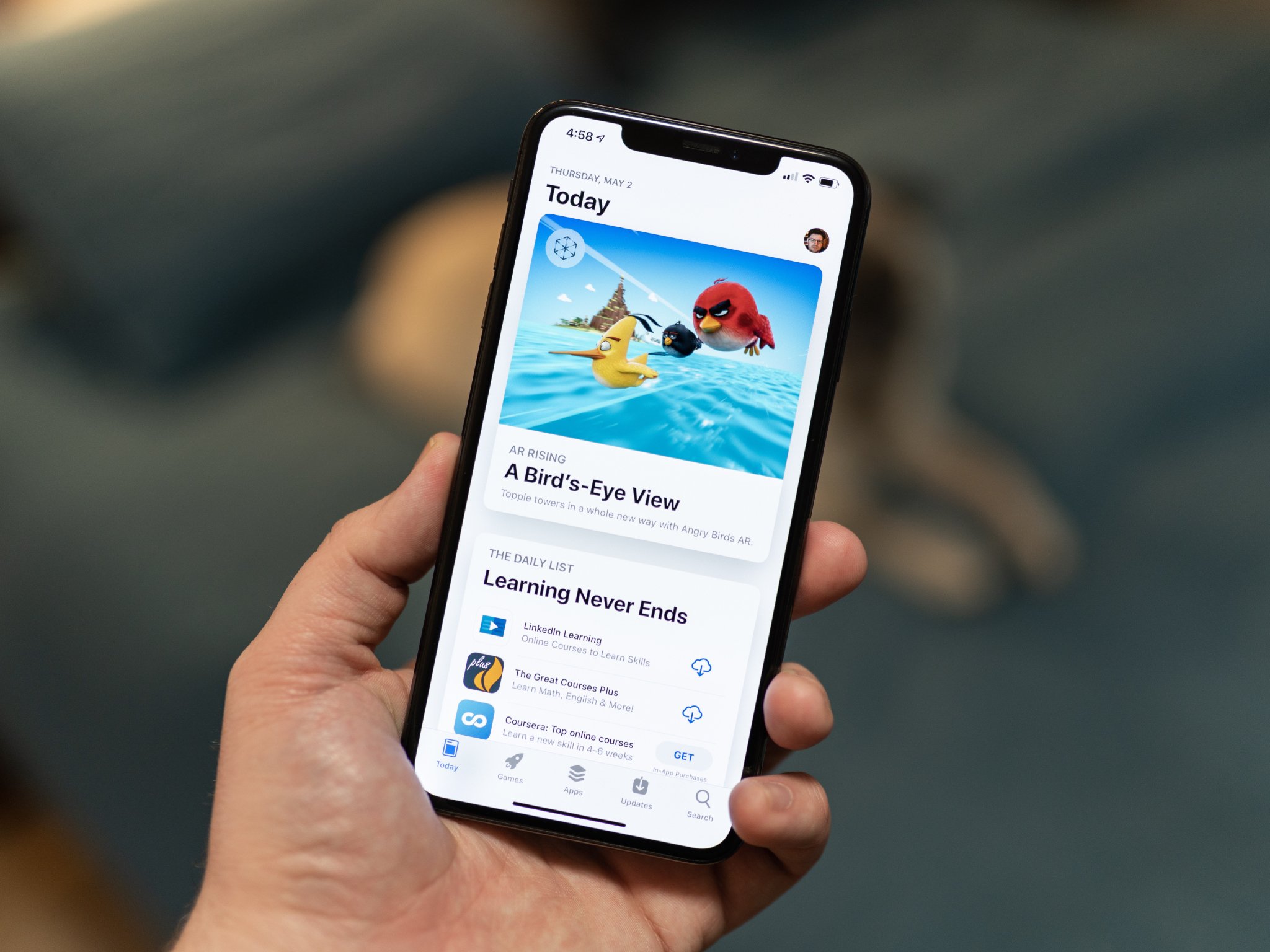Judge tosses Blix claim that Apple suppresses competition in App Store

iMore offers spot-on advice and guidance from our team of experts, with decades of Apple device experience to lean on. Learn more with iMore!
You are now subscribed
Your newsletter sign-up was successful
What you need to know
- A judge has dismissed a lawsuit filed against Apple by BlueMail developer Blix.
- That suit claimed Apple suppressed App Store search results for third-parties in favor of its own products.
- The judge also dismissed a claim that 'Sign in with Apple' infringed one of Blix's patents.
A judge has thrown out a lawsuit against Apple alleging that the company suppresses third-party apps in App Store searches in favor of its own services.
Reported by Bloomberg Law:
Apple Inc. won't face claims it manipulated search results in its iOS and macOS App Stores to suppress competition after a federal judge in Delaware partially dismissed a lawsuit filed by email app maker Blitz Inc. Monday.Blix alleged Apple copied patented messaging technology for its "Sign In With Apple" feature, then removed the developers' app, BlueMail, from its App Store. The tech giant uses App Store search results to push consumers toward Apple products, suppressing third-party competition, the suit said.The U.S. District Court for the District of Delaware dismissed the antitrust claims without prejudice, concluding Blix failed to plead direct or indirect evidence of Apple's monopoly power or anticompetitive conduct in violation of the Sherman Act.
As noted, the judge ruled that Blix had not provided either direct or indirect evidence of Apple's monopoly power or anticompetitive conduct.
The judge further ruled that stating that Apple "has the power to restrict competition" is not the same as stating that it actually did this and that even if Blix had plausibly alleged that Apple had a monopoly over apps, it had failed to alleged anticompetitive conduct.
The report further notes that Blix had argued against itself by showing the App Store was not essential to the success of its business, having been available for five years before being put on the App Store.
Blix had also sued Apple over the 'Sign in with Apple' feature introduced in iOS 13. Blix says it patented this in 2017 under its 'Share Email' feature, which enables public messaging without revealing a user's true address. From the report:
The challenged claim relies on the abstract idea of using a proxy to facilitate anonymous communications, Stark said. The claim doesn't fall under an exception to patent eligibility that allows for abstract ideas to be patented if they describe a unique and inventive concept, he wrote.
The case will continue regarding other patents in the case still in play, however, the antitrust ruling laid out here could have ramifications for other antitrust claims filed against Apple, notably its legal battle with Fortnite-maker Epic Games. Whilst the cases are different in many respects, Apple may look to lean on some parts of the ruling, such as an app not needing the App Store to be successful, as part of its defense.
iMore offers spot-on advice and guidance from our team of experts, with decades of Apple device experience to lean on. Learn more with iMore!

Stephen Warwick has written about Apple for five years at iMore and previously elsewhere. He covers all of iMore's latest breaking news regarding all of Apple's products and services, both hardware and software. Stephen has interviewed industry experts in a range of fields including finance, litigation, security, and more. He also specializes in curating and reviewing audio hardware and has experience beyond journalism in sound engineering, production, and design.
Before becoming a writer Stephen studied Ancient History at University and also worked at Apple for more than two years. Stephen is also a host on the iMore show, a weekly podcast recorded live that discusses the latest in breaking Apple news, as well as featuring fun trivia about all things Apple. Follow him on Twitter @stephenwarwick9
